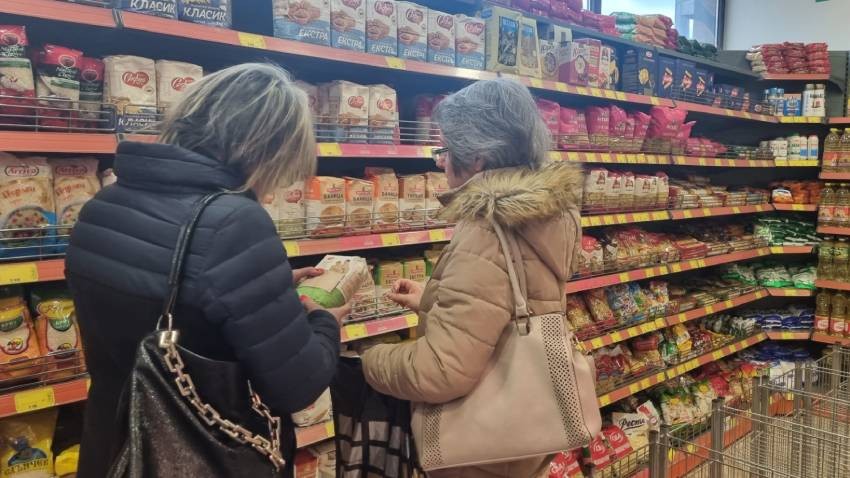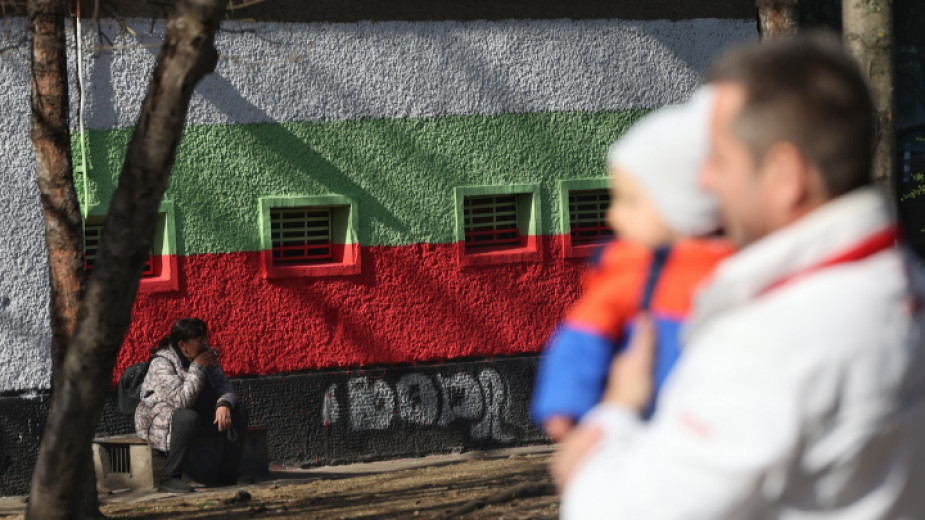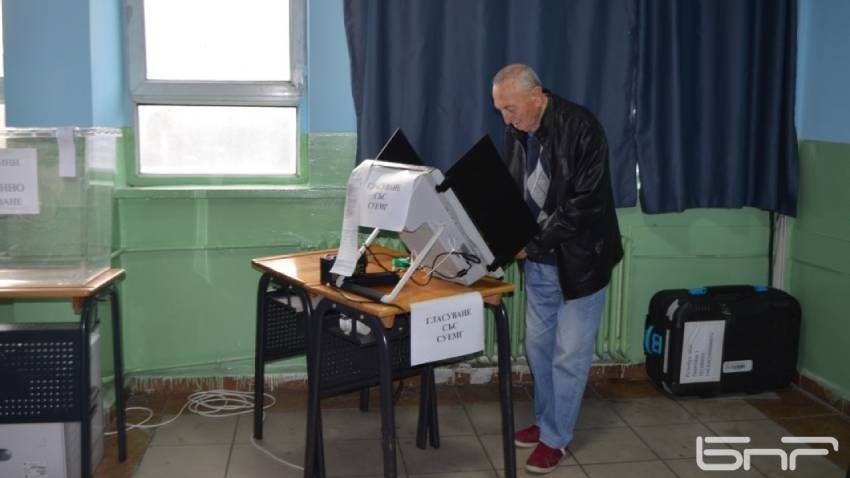“What we are all expecting is for some people to come out and say something, talk to us, but they don’t want to do that because the results aren’t certain… and we want these same people to shoulder responsibility. I’m probably being naïve again,” a young girl writes on social media. And a comment under her post reads: “Unfortunately, even if they do say something, it would still mean nothing”. Comments such as the above are no exception on post-election day. But it seems the voices of the voters have been growing weaker and lonelier after election night. And the great expectations of a stable regular government, which all people who talked to Radio Bulgaria on Sunday said they wanted, seem to be receding.
Expectations and hopes of a clear foreign policy position, a drop in inflation, a stable economy, serious measures to address corruption, reforms in health care and education, hopes of a better life.
“At the moment we are neglected, humiliated, crushed, still, there is no despair. There is zest to go on. But how – that is up to the young to say,” an elderly woman from Sofia says.
“Those who have given nothing to the people, they’re out of it. The river has swept them away, their time is up,” another woman says.

“We’ve just been to the store – we practically bought nothing, and still it cost 50 Leva. That’s how we feel,” another woman from Sofia says.
The elections are over, but life’s hardships continue, and the hope survives of a political miracle in democratic Bulgaria.
“I care about Bulgaria, I identify as Bulgarian even though I live abroad,” Ralitsa Stoycheva told BNR’s correspondent in Lovech Plamen Hristov. Ralitsa has been living in London for years, but on Sunday she was in the town where she was born – Lovech where she cast her vote in the election.
“The change I want to see is for politicians to give more thought to the people, after all a country is its people. Thought to a nation that has survived for so long but is not united as it should be. Bulgaria now mostly consists of elderly people and someone has to take care of them. I don’t see how that can happen, judging by my own parents, if I don’t send them help from abroad I don’t know how they could survive here.”

Less corruption, fewer financial and more national interests for the benefit of the public, and more culture are the things that would bring Ralitsa back to the country of her birth. To some extent it is the fault of Bulgaria’s politicians that so many people have emigrated, she says, because “there are no big prospects here, no big choices,” though “living abroad is by no means easy,” she admits.
People feel they have been forgotten by politicians, the BNR’s Plamen Hristov comments. With everything he saw and heard on election day, he says that people from small towns and villages in Bulgaria, Bulgarians living abroad, who are living a difficult life feel abandoned.

Sometimes wishes are simple. A BNR team went to one of the polling stations in Istanbul, Turkey yesterday. Mira Stefanova talked to voters from Avcilar, a residential district of Istanbul. This is what they said about life after the 2 April elections:
“I voted so there will be a government, that is the most important thing, I am expecting it this time. And also – for more jobs for the people,” a senior citizen says.
“For a government of some kind, so everything will go smoothly like in the Western countries.”
“For a raise in salaries, so people don’t have to worry. We voted for the benefit of the young,” a Bulgarian from Istanbul says.
“We Bulgarians are a sturdy nation, and we still find ways to cope. That is what has kept us going – and maybe a Bulgarian ingenuity, a combination of frugality and creativity,” one woman says in BNR’s vox pop.
On Monday, post-election day, life rolls on. A cloudy Monday, but that is something we are used to.
Interviews by Natalia Ganchovska and Mira Stefanova, Horizont channel, BNR, Radka Petkova, BNR- Kardzhali and Plamen Hristov, BNR correspondent in Lovech
Text: Vessela Krasteva
Photos: BTA, BGNES, archive
The 33rd Bulgarian polar expedition is heading to Antarctica to continue its scientific research in cooperation with scientists from different countries. For the first time, travelers from two Balkan countries - Greece and Montenegro, as well as from..
The program of the Orthodox Book Week offers meetings with authors, publishers and translators of Orthodox books from the last few years. The event is held until November 10 at the ''St. Procopius of Varna'' Church, with meetings taking place every..
The "Kabiyuk" horse breeding farm in the village of Konyovets is the oldest stud farm in Bulgaria, founded in 1864 by Midhat Pasha, the governor of the vilayet of Ruse, to produce horses for the Turkish army. The farm existed until the Russo-Turkish War..
The traditional Bulgarian Christmas picnic, organized by the Bulgarian Cultural and Social Association "Rodina - Sydney" and the Bulgarian School..
Radmila Sekerinska from North Macedonia appointed NATO Deputy Secretary General NATO Secretary General Mark Rutte has appointed Radmila Sekerinska..
Two graduates of the Bulgarian School "St. Methodius and St. Methodius" in Jordan presented their achievements at an event at their school "Hadi al..

+359 2 9336 661
